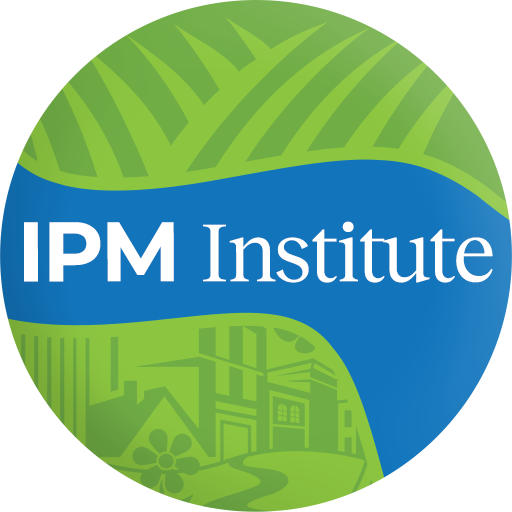The majority of U.S. specialty crop growers depend on bees for pollination of their crops. Growers know that without adequate pollination, they would not be profitable. But what are the best pollination strategies for fruit, vegetable, and nut crops? What farm management practices can growers use to support bees and the crop pollination they provide? Experts in crop pollination working under the Integrated Crop Pollination Project will present on these topics and will report on their recent research in this project as part of a webinar series titled: Ensuring crop pollination in US specialty crops. The webinar series will examine the role of wild bees, honey bees and other managed bees in supporting crop pollination and yield in almond, blueberry, tree fruit, pumpkin, and watermelon.
These webinars will all be 45-60 minutes long, with time for questions and discussion with the presenter afterwards. Registered attendees will receive a link to the slides and a recording afterwards.
To register, click on the link for each webinar that you are interested in attending:
- January 24, 2017, 2pm EST: Ensuring almond pollination (Theresa Pitts-Singer, USDA-ARS and Utah State University)
- January 31, 2017, 2pm EST: Pollinating highbush blueberries: bees bring bigger berries (Rufus Isaacs, Michigan State University)
- February 14, 2017, 2pm EST: Pollinating apples and cherries east of the Rockies (Julianna Wilson, Michigan State University)
- February 28, 2017 2pm EST: On-farm pollinator benefits for watermelon pollination (Neal Williams, University of California, Davis)
- March 21, 2017, 2pm EST: Ensuring pumpkin pollination (Shelby Fleischer, Pennsylvania State University)
- March 28, 2017, 2pm EST: How to manage solitary orchard bees for crop pollination (Theresa Pitts-Singer, USDA-ARS and Utah State University
The webinar series will be hosted by eXtension.org, an on-line co-operative extension network, and can be accessed by anyone with an internet connection. To learn more about the webinar series, visit the Bee Health eXtension.org website or email the program. Funding for the webinar series is provided by the Integrated Crop Pollination Project, a USDA-NIFA Specialty Crop Research Initiative Grant.


